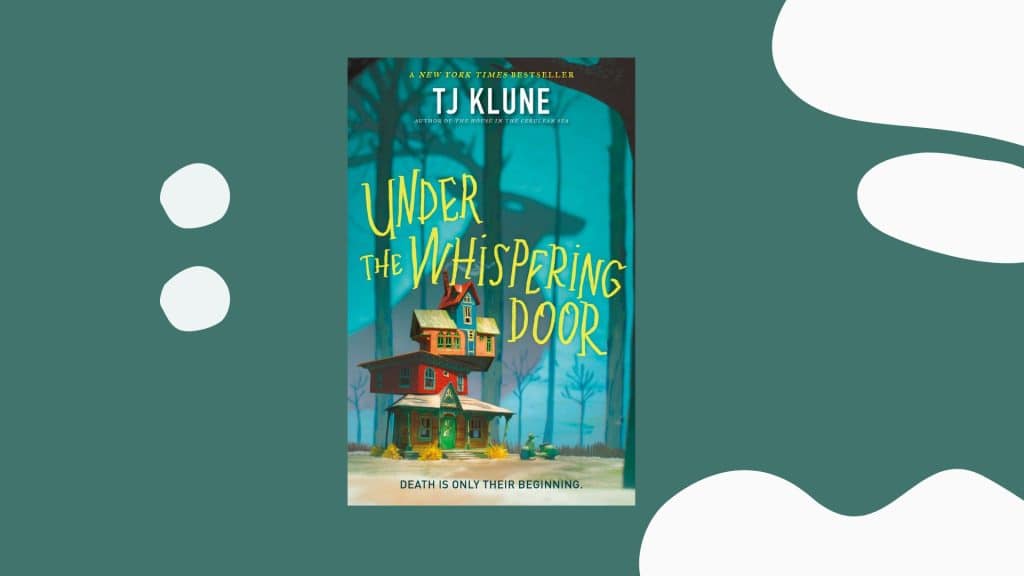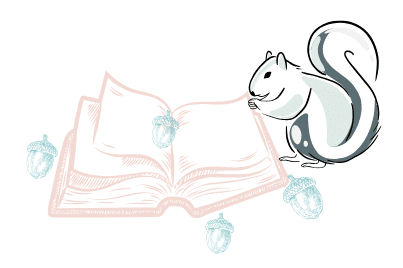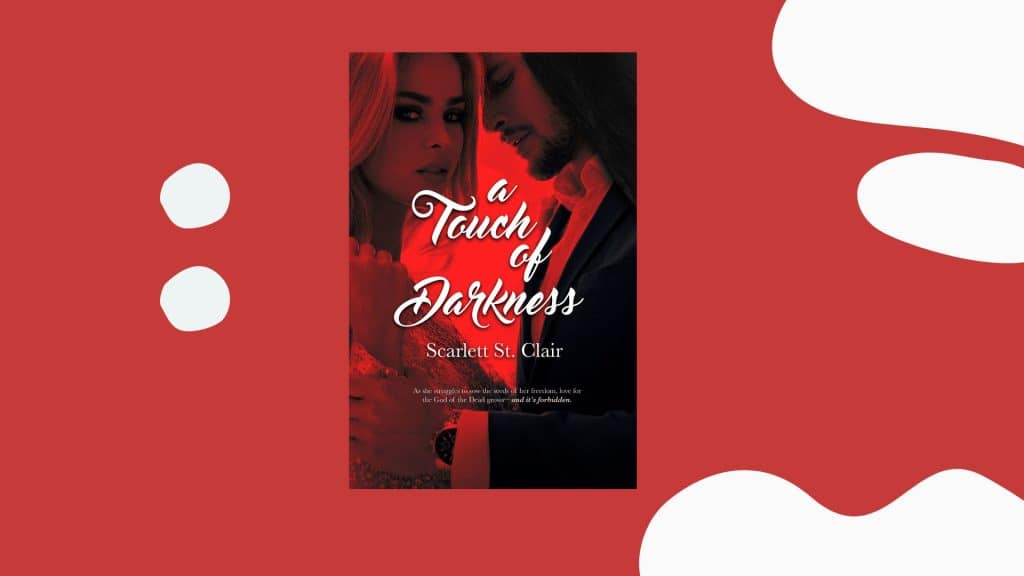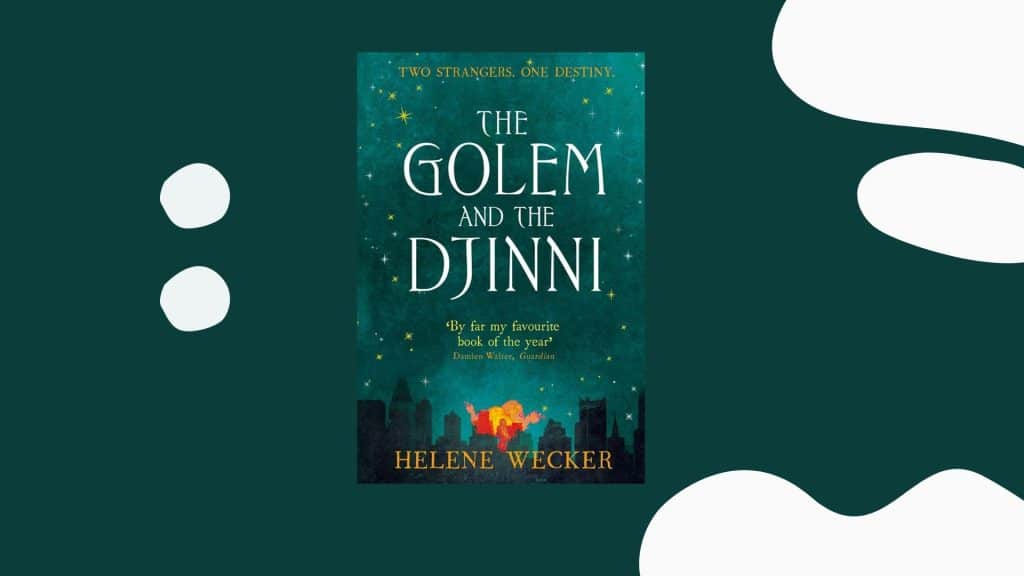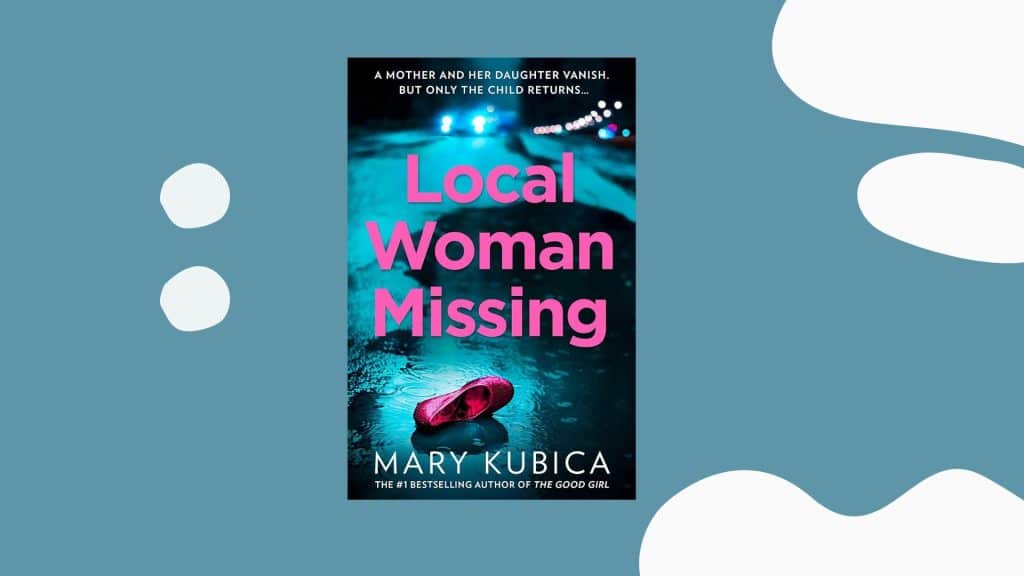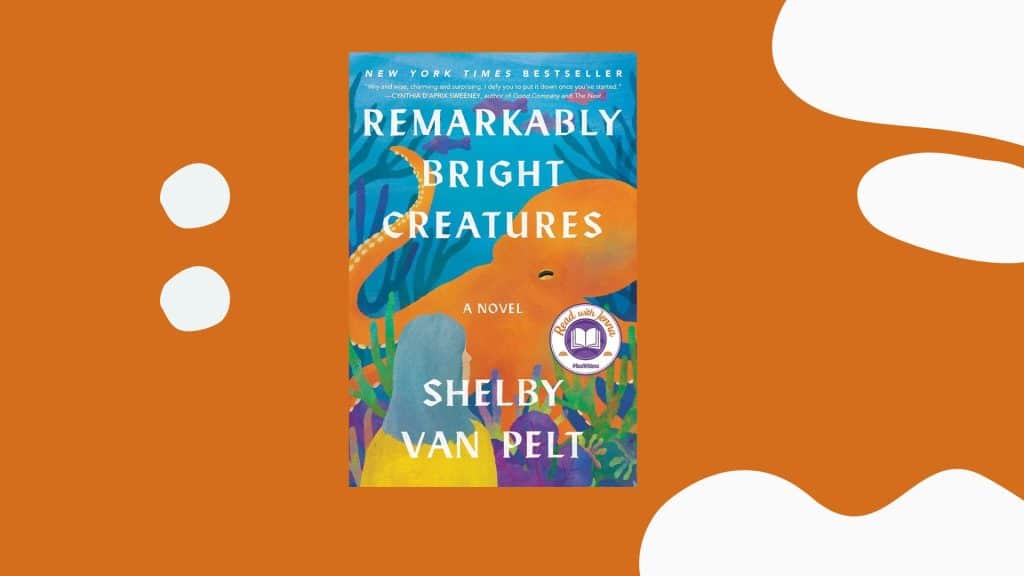“Death isn’t happening to you, Wallace. You are happening to death.” ― TJ Klune, Under the Whispering Door.
Are you interested in learning about TJ Klune’s heartwarming fantasy novel, Under the Whispering Door? You’ve come to the right place! This enchanting story introduces readers to a cozy tea shop that serves as a waystation for souls on their journey to the afterlife.
In this article, I’ll walk you through the key elements of this touching story. From Wallace Price’s journey of self-discovery after death to the charming found family at Charon’s Crossing Tea and Treats, I’ll cover what makes this novel so special. Many readers find themselves drawn to Klune’s ability to blend humor, romance, and profound emotions in this tale about second chances beyond the grave.
Trust me when I say this novel offers more than just another afterlife story. It presents a unique perspective on grief, acceptance, and finding love and purpose even after life has ended.
Plot Summary
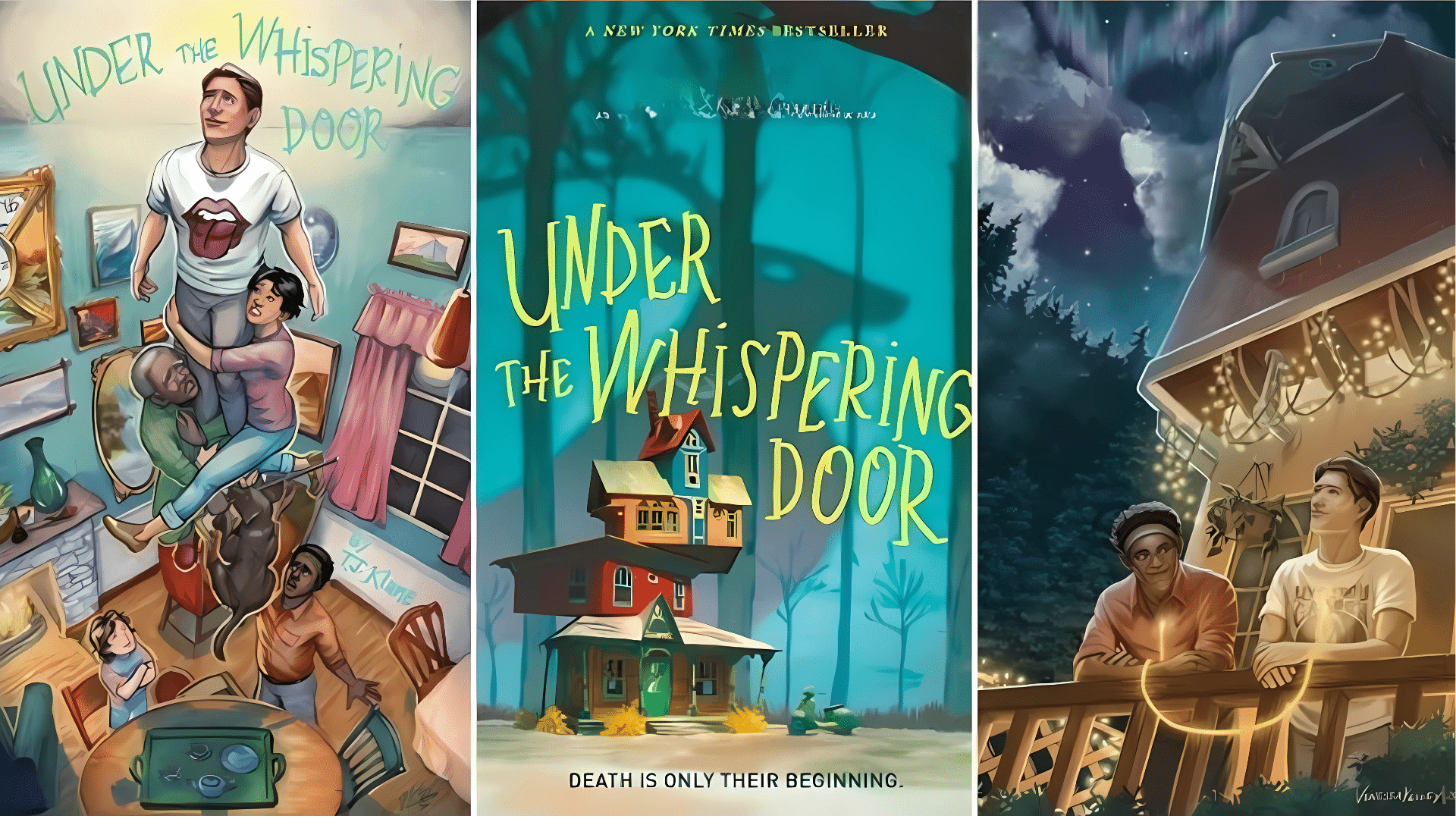
“You are so much more than the worst thing you’ve ever done.” ― TJ Klune, Under the Whispering Door.
Under the Whispering Door introduces us to Wallace Price, a cold and calculating attorney who has dedicated his life to his law firm at the expense of everything else. After firing an employee without compassion, Wallace suffers a fatal heart attack at the age of forty-four.
The novel begins with Wallace attending his funeral, where he discovers that very few people mourn his passing. Most attendees, including his ex-wife, harbor negative feelings about him, revealing just how little connection he maintained with others during his life.
At his funeral, Wallace meets Mei, a young woman who can see him despite his ghostly state. She introduces herself as a Reaper—someone tasked with collecting souls and guiding them to the next stage of their journey. Mei brings Wallace to Charon’s Crossing Tea and Treats, a quirky tea shop that serves as a waystation between life and what comes after.
There, Wallace meets Hugo Freeman, a ferryman whose job is to help souls process their feelings about death and prepare them for crossing through the door to the afterlife. The tea shop is also home to Hugo’s grandfather, Nelson, who chose to remain as a ghost rather than cross over, and Apollo, Hugo’s dog who can see spirits.
Initially resistant to his new reality, Wallace finds himself trapped at the tea shop with no choice but to confront the truth about his death and the life he led. As days pass, Wallace observes Hugo’s compassionate interactions with other souls who visit the tea shop briefly before crossing through the whispering door—a mysterious portal located upstairs that leads to whatever comes next.
When a desperate living man named Cameron breaks into the tea shop, hoping to reunite with his dead wife, Wallace puts himself at risk to protect Hugo and the others. This selfless act impresses the Manager, who offers Wallace a choice: cross through the door or stay and become a ferryman himself, helping others as Hugo has helped him.
Wallace chooses to stay, embracing his newfound purpose and his love for Hugo, transforming the tea shop into a home where they can help souls together for years to come.
What Genre is Under the Whispering Door?
“It takes both the good and the bad to make a life, and even though it might not seem fair, it just is. That’s living.” ― TJ Klune, Under the Whispering Door.
Under the Whispering Door is a contemporary fantasy with strong elements of magical realism, romance, and philosophical fiction. The novel explores themes of death, grief, redemption, and second chances through a supernatural lens that remains grounded in emotional reality.
When you pick up this book, expect a story that balances humor with deeper emotional themes. Klune has crafted a narrative that uses fantasy elements to explore very human experiences of regret, growth, and connection. Despite its focus on death, the novel is ultimately life-affirming, emphasizing that it’s never too late to become a better person and forge meaningful relationships.
This isn’t a typical afterlife story focused on the religious concepts of heaven or hell. Instead, it’s a character-driven tale that uses the afterlife as a setting to examine what truly matters in existence. The writing balances witty dialogue and charming interactions with profound moments of realization and growth.
What makes this novel stand out is how it transforms the potentially grim subject of death into a heartwarming story about finding purpose and love. It approaches heavy topics with a gentle touch and a hopeful perspective, making it accessible even to readers who might typically avoid books dealing with mortality.
Ratings and Reviews
“That’s the tragedy and the blessing of living. Nothing lasts. Good or bad, it all ends eventually.” ― TJ Klune, Under the Whispering Door.
Under the Whispering Door has a 4.1/5 star rating on Goodreads from over 100,000 readers, indicating strong reader satisfaction.
Readers across platforms share many positive thoughts about the novel:
- I didn’t expect a book about death to make me feel so alive. The way Klune handles grief and growth is beautiful without being preachy or overly sentimental.
- The found family at the tea shop completely stole my heart. Nelson and Apollo are standout characters, and Hugo’s patient kindness is exactly what Wallace needed.
- This book made me laugh out loud and then sob within the same chapter. It’s a perfect blend of humor and emotion that stays with you long after you finish reading.
Some critical reviews mention:
- The pacing feels slow in the middle section as Wallace adjusts to his new reality.
- Some readers found the romance element underdeveloped compared to the focus on Wallace’s personal growth.
- The world-building around the afterlife mechanics sometimes lacks clarity and raises questions that aren’t fully addressed.
What sets this novel apart from other fantasy books about the afterlife is its focus on personal growth rather than supernatural rules or religious concepts. Under the Whispering Door is less concerned with explaining what happens after death and more interested in exploring how the prospect of moving on can transform a person’s outlook and values.
Who Should Read This Book?
“Life doesn’t mean anything unless we give it meaning ourselves.” ― TJ Klune, Under the Whispering Door.
This book is best for adult and young adult readers who enjoy fantasy with emotional depth and are comfortable with themes of death and grief. While it deals with mortality, it does so with warmth and humor that make it accessible to a wide audience.
Content warnings:
- Death and discussions of mortality
- Grief and loss
- Brief descriptions of heart attack
- Suicide themes (discussed, not depicted)
- Death of a pet (temporary)
- Brief instances of homophobia
It’s particularly good for readers interested in character-driven stories, LGBTQ+ romance, found family dynamics, philosophical questions about life’s meaning, and stories that blend humor with emotional depth.
If you’ve enjoyed other works that approach difficult topics with a gentle, hopeful perspective, Under the Whispering Door will likely appeal to you. It’s especially meaningful for readers who have experienced loss or are contemplating their mortality, as it offers a comforting perspective on death as another stage of existence rather than an ending.
Book Recommendations If You Liked Under the Whispering Door
If you enjoyed Under the Whispering Door, here are some books with similar qualities:
- The House in the Cerulean Sea by TJ Klune
- The Midnight Library by Matt Haig
- A Man Called Ove by Fredrik Backman
- Good Omens by Neil Gaiman and Terry Pratchett
- The Invisible Life of Addie LaRue by V.E. Schwab
- Cemetery Boys by Aiden Thomas
Conclusion
Under the Whispering Door offers a touching exploration of what it means to live a good life, told through the paradoxical lens of a story about death. Its greatest achievement is transforming what could be a morbid premise into a life-affirming tale that leaves readers feeling hopeful rather than melancholic.
Wallace’s journey from a cold, isolated lawyer to someone capable of deep love and selfless action serves as a powerful reminder that personal growth is possible at any stage. The novel suggests that what makes a life meaningful isn’t success or status but the connections we form and the positive impact we have on others.
If you’re looking for a novel that will make you laugh, perhaps make you cry, and definitely make you think about how you’re spending your own limited time, Under the Whispering Door is a perfect choice that reminds us it’s never too late to become the person you wish to be.
More From This Author

TJ Klune is an American author known for his LGBTQ+ fantasy and romance novels. A Lambda Literary Award winner, Klune has built a reputation for creating heartwarming stories that feature queer characters without making their queerness the central conflict of the narrative.
Other notable books by TJ Klune include:
- The House in the Cerulean Sea
- Green Creek series
- The Extraordinaries series
- Tales From Verania series
- Bear, Otter, and the Kid series
- At First Sight series
- How to Be a Normal Person
- In the Solace


